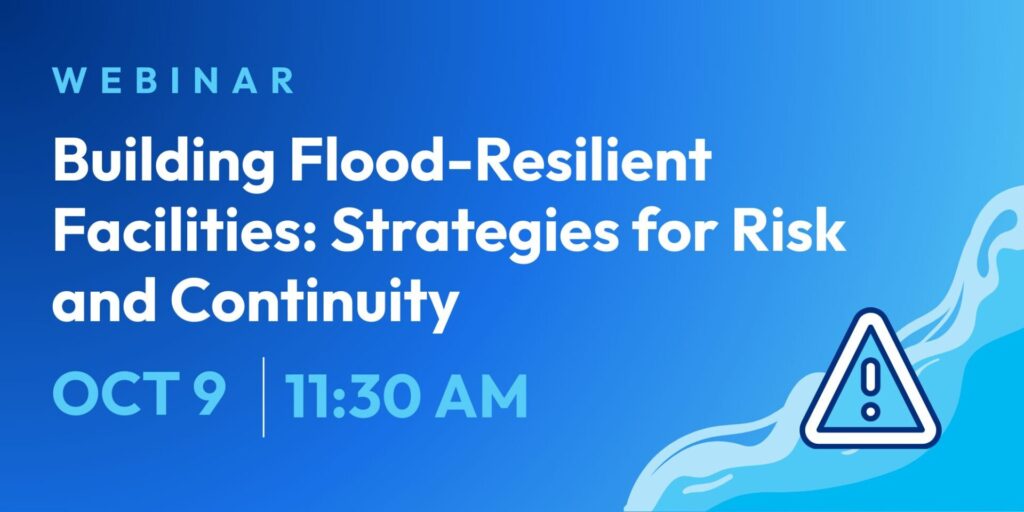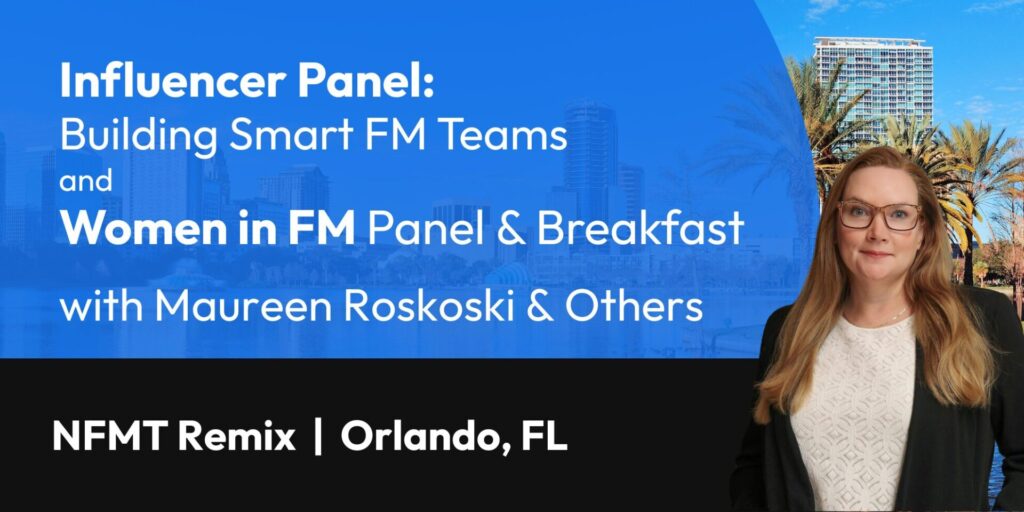As an introduction to the ASCE team, quite a collection of capable engineers have been assembled for the Philippines field effort. The team is certainly a research-focused group, with many academics included. The efforts for organizing the team were led by Shenen Chen, Ph.D., P.E., M.ASCE, professor at the University of North Carolina – Charlotte, and chair of ASCE’s TCFE Committee on Forensic Investigations. Represented on the team are current university faculty members in wind and coastal engineering Andrew Kennedy, Ph.D., M.ASCE, associate professor at Notre Dame; Forrest Masters, Ph.D., P.E., M.ASCE, assistant professor at the University of Florida; Weichang Pang, A.M.ASCE, assistant professor at Clemson University, and Jean-Paul Pinelli, P.E., M.ASCE, professor atFlorida Institute of Technology. Rounding out the team are Brandon English from CRA World; Jose Rullan-Rodriguez, P.E., S.M.ASCE, of the U.S. Army Corps of Engineers; and Mark Leeman, P.E., M.ASCE of Facility Engineering Associates. It seems like a good group with diverse enough experience and talents to cover a lot of ground in the assessments. The members are beginning to get to know each other and the capabilities and strengths of the team. No nicknames have been given yet, but it is early, and there is still a good possibility that could happen.
The team had a very nice evening on Monday. Our team was hosted by the local Manila ASCE Section for a meeting to wish us a good trip, and introduce us to several engineers familiar with the conditions on the ground after the typhoon hit Tacloban. On top of a very nice meal (chicken, of course…anywhere in the world ASCE seems able to come up with a chicken dinner), the company was informative and enjoyable. One attendee was a former Provincial Engineer in Tacloban, the city to which we are travelling. Drawing on his experience and knowledge of the government, he was able to describe local conditions and response resources during the storm. On top of that, he was also able to share thoughts on the local insurance market and how reforms may or may not assist in recovery during future events.
One of the interesting things about attending the meeting and speaking to the Filipino ASCE members is that even though each of us grew up, was educated, and works in very different locations and cultures, we seem to have so much in common. “Vince” Villasenor is an owner of a 12-person structural engineering company in Manila. Despite all the differences, he could just as easily be someone I would network with in my local section. We had plenty in common: similar ownership/management issues with our firms, technical projects that needed attention, and common volunteer organizational duties. He even gave his company a three-letter name, just like many firms in the US. There is no doubt about it, the use of English in the Philippines is most helpful and definitely makes communications easier.
The keynote speaker at the meeting was the Hon. Dean Danilo Antonio, the Undersecretary and Presidential Assistant for Rehabilitation and Recovery for Typhoon Yolanda (as the storm event is known locally). He was appointed to the position immediately after the storm, and was put in the position of coordinating national efforts for rehabilitation and recovery. Coming from a 36-year career in the private-sector real estate business, he (more candidly than we might expect of a federal official in the US) expressed his frustration at the pace of government action. Antonio’s office is responsible for coordination and organization of rehabilitation efforts, but it has no execution authority. That role seems unique and seems to position the agency to allow market forces to undertake recovery efforts. The jury is out on how the agency (and the country) has performed. Antonio was very clear about how efforts will be judged: if things are not improved by the 2015 elections, the people will vote against the government and his agency would likely be dissolved or significantly overhauled.
In summary, although the nation of the Philippines was hit with a very high-magnitude storm event, the common theme in the discussion was how to design and create resiliency into communities and infrastructure. It is clearly recognized by the Filipinos that Yolanda is not the last typhoon it will experience. Therefore, it is critical for engineers to do their part to create more resistant and resilient infrastructure that can better withstand the threats that are inevitably present. ASCE’s Technical Councils on Forensic and Wind Engineering will do their part to provide direction and guidance on how engineers can better design and construct structures to withstand nature’s forces.
On Saturday, May 3, a team of seven civil engineers from ASCE’s Technical Council on Forensic Engineering, in cooperation with the Technical Council on Wind Engineering, left for the Philippines on a week-long mission to conduct post-disaster assessments, documenting evidence of structural and geo-system damage to historic and residential structures and public infrastructure. Mark E. Leeman, P.E., M.ASCE, vice president of Facility Engineering Associates of Fairfax, Virginia, chronicles the team’s experiences in this exclusive daily report for ASCE. This is the second installment in the series.
– See more at: http://blogs.asce.org/field-report-post-disaster-assessment-in-the-philippines-day-2/#sthash.qX0SBiG8.dpuf




